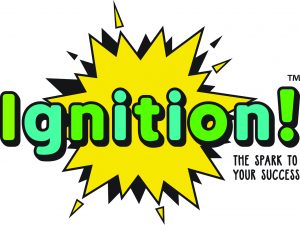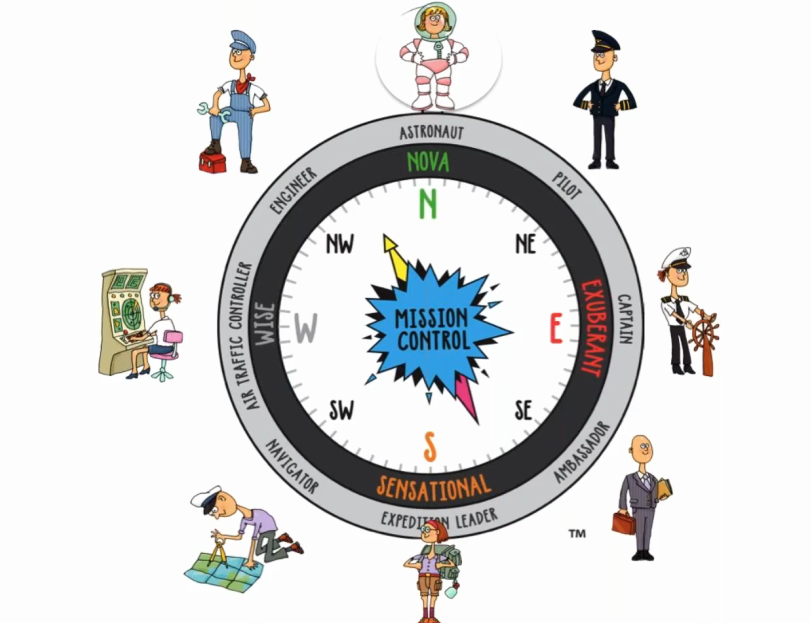What is Ignition?
Ignition!™ has been created to ensure that young people know that it doesn’t matter where your life began, how your life has unfolded, or where you currently are, it matters that you discover who you are. Not your name and your labels but who you really are, what you are naturally gifted and talented at, acknowledge what you are naturally not so good at and discover the Fuel that gives your life energy and meaning.
Every young person deserves to understand that they can make a difference in the world around them and be appreciated for the gifts they bring and that they are valued for their individuality.
Ignition! gives young people the tools to develop their communication skills. leadership abilities and highlights what will drive and motivate them to succeed
Ignition! is based on a long history of tradition and scientific research originating from a 5,000 year-old Chinese system of thinking called the I-Ching, developed and recorded by a series of Chinese emperors and teachers. The I-Ching made its way to the West when Richard Wilhelm translated it and brought it to Carl Jung for publication in 1919. So taken was Jung with the I-Ching that he drew upon it heavily for his book ‘Psychological Types’ and his theories on ‘Synchronicity’ and the ‘Collective Unconscious’. Jung pioneered psychometric testing in the West, and any of the personality tests you are asked to do in any job applications spring from these same roots.
The Five Natural “Energies”
The ancient Chinese philosophies describe five natural ‘energies’, one of which is called “transition”. These energy types are described by character traits that we can easily recognise. In Ignition! These are represented by points on the compass, named
- N (Nova) – energised and dynamic, great at getting things started and creative with lots of ideas but less good at getting things finished.
- E (Exuberant) – passionate, outgoing, they’re great at meeting new people, getting people engaged and involved but they’re easily distracted.
- S (Sensational) – compassionate and great team players and supporters. Get things done and reliable. They sense what’s going on for others and will have high degrees of empathy.
- W (Wise) – Orderly and systems-oriented with a strong eye for detail. They’re great at completing things and analysing detail but can find it difficult to start things or to consider their softer side.
These are the fuels that drive us, clues to the personalities that they represent. There are eight personality types that help young people understand who they are and what makes them unique.

Each of us has a mix of these fuels, which contribute to who we are. You’ll see this mix reflected in the report that you receive. You’ll find each of the fuels listed with a percentage value based on your questionnaire results. These relative percentages define which one of the eight talent profiles is your primary profile, and which other two are secondary. Compare your results to those of your friends, family or colleagues to see how they differ.
The model shows the two opposites in the way we think and the way we act. Some of us think more with our ‘Head in the clouds’, are more ‘creative’ and depend on our imagination. This is the ‘Nova’ energy at the top. Some of us think more with our ‘Ear to the ground’, and are more ‘sensory’, depending on what we see around us. This is the ‘Sensational’ energy at the base.
Some of us react more to other people and are extrovert. This is the ‘Exuberant’ energy on the right. Some of us act more through data, and are introvert. This is the ‘Wise’ energy on the left.
The eight profiles fit around the model, each with a different balance of natural thinking and acting. You will find everyone you know has a profile and a natural path to success.
But remember, YOU are the only one who can validate which type you are, and we’ll work though the report together in either our coaching or the group workshop.
FAQ
What if I completed the questionnaire wrongly and am really a different profile. Also, how does my profile relate to my academic performance?
Your grades at school or college are a result of both how you learn and how hard you learn. You can improve your grades by learning in ways that suit your profile. However, your profile doesn’t dictate how committed or lazy you are. You will find if you commit yourself, and learn in the way that suits you, it won’t feel like hard work, especially if you ask for help in your areas of weakness.
Can I now skip classes if they don’t fit my profile?
At school, there will still subjects you need to take as part of your curriculum. Later in life, your success will come from how hard you work but also choosing a path that suits your strengths the best. You can’t use your profile as a reason to avoid the subjects or parts of a job that don’t suit you, but you can use it to improve your enjoyment of these subjects, and to understand the relative importance of these subjects or parts of the job.
Can I use my profile as a reason for my shortcomings?
Think about how sporting teams work….every position knows what they have to do but they can’t do it on their own…they rely on the team working together to win the game. When you know what you’re best at, you can opt for roles where you can shine. But if you find yourelf in a role that isn’t great for you, you can still learn to adapt and you can ask for help to minimise your struggles or challenges.
Can I ask for a new teacher or boss to change so that they fit my profile?
We understand your thinking – whether about a teacher, boss, parents or others around you. The key to finding your flow is not about changing anyone else, but simply changing how you communicate and connect. An awareness of someone else’s wavelength means you can tune in to hear them better.
Will following my profile make me even more different from those around me?
Fitting in has little to do with whether you’re different and more to do with how comfortable you are with yourself and how open to differences in others. Every great team has different strengths within it, and the leader is often the one who succeeds in bringing out the best in others as well as in him or herself. Following your profile will make you more able to relate to others and improve how they relate to you.
